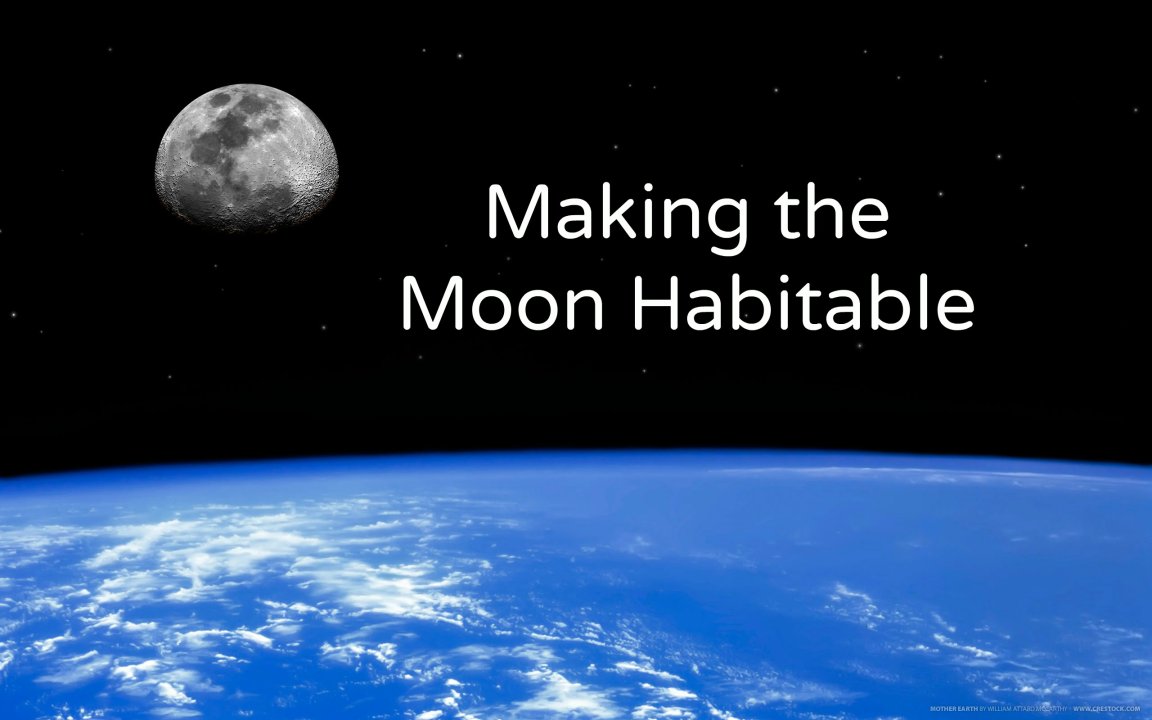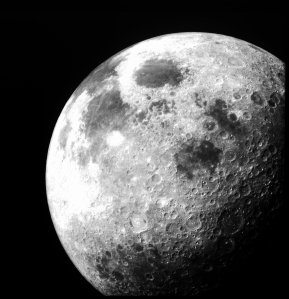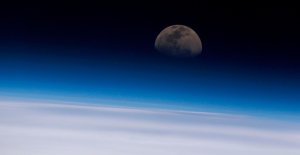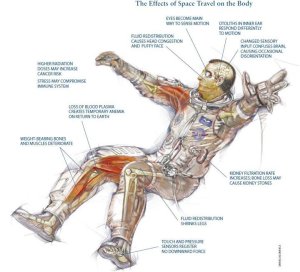

Being the brightest and most prominent feature of the night sky, Earth’s Moon has long been the source of relaxation, inspiration and wonderment. Romanticized through poetry and demonized through Science-Fiction likenesses, it still leaves modern society in awe as much as it did in the primitive stages of human culture, as Anthropology study has revealed.
Furthering this fascination, ever since the late Neil Armstrong laid his footprints in the electrically charged and abrasive dust on the lunar surface, humanity has had the desire and ambition to further itself – to be a multi-planetary species. Through very popular movies, such as Aliens, Red Planet and Total Recall, we have the idea of terraformation – that is, turning extraterrestrial worlds into suitable planets for humanity to thrive upon.
You could argue that the first logical step would be to exist in space, with the second being existing on the surface of the Moon or even a near-Earth object (NEO), such as an asteroid. Well, we can safely say that we have accomplished the first with the International Space Station, and as for the second, the Moon would be the logical choice based on its relative stability and our familiarity and knowledge of it – cosmologically, geologically and chemically.
Unfortunately, the Moon is the very antithesis of human life. In order for our species to be able to survive on a Moon habitation, several poignant problems must be explored and solved. (I’m only going to pick on my top 4, and not provide any solutions!).

The first, is that the Moon has a magnetosphere that provides virtually nil protection (in direct comparison to Earth) from the extremely harmful Gamma Ray Bursts and Cosmic Rays. The effects on an unshielded human being would be terminal carcinogenesis – essentially damaging the DNA of every living cell exposed to the radiation to the point where it won’t repair or even mutate like Spiderman or The Hulk, but simply perish. Before anyone gets carried away on the Marvel SuperHero mutation aspect, that is unlikely to happen at these doses of radiation, and generally, having your cells die is bad for your health. On a more positive note, there are small isolated areas of magnetic field protection that could provide a base-level of protection from some cosmic radiation – theorized to be remnants of impacted metallic asteroids.
The second problem is that the Moon has negligible atmosphere – the main chemical components of its atmosphere are a highly sparse mixture of Potassium, Hydrogen. Argon, Helium and Sodium. These are predominantly ejected into the Moon’s atmosphere through the regular micrometeoric impacts as well as the isotopic decay of elements present in the Lunar crust and the regolith (the loose sedimentary layer atop the planetary crust). Whilst breathing unassisted was never really expected on the surface of the Moon, the lack of a denser atmosphere means that there is virtually nil friction that is applied to meteoric objects. Whilst it would take more than an atmosphere to stop the scientifically supported ‘Dinosaur-killer’ asteroid, Earth’s atmosphere frequently destroys (through friction) thousands of meteorites every year. If it did not, the surface of our planet would be under constant attack by grains of dust, pebbles, rocks, boulders and larger traveling at speeds between an estimated 25,000MPH and 160,000MPH.
This is the fate that a Moon habitation must contend with every day.

The third problem for humans within a Moon habitation would be the long-term effects of reduced gravity. We know through the actions of the brave Astronauts from all nations on the ISS that the human body suffers from many biological and physiological effects when being outside of the Earth’s atmosphere. Most of these are muscular and skeletal weakness, however, you could argue that these are only important on Earth or a heavier gravity planetoid. Sadly, there are greater effects that have been documented, focusing on a repressed immune-system and neurological conditions (hallucinations). The good news is that these have only been noted in zero-gravity, and not in partial-gravity as the Moon provides.
The biggest problem, however, as with everything involving humankind, of which we are reminded daily, is ownership. Does each country on Earth receive a share of the Moon? Who determines the amount? Do we actually have the right to own/share it? Do we become a species of total solidarity, or will we continue to operate in conflict? I will leave this philosophical one open for discussion!